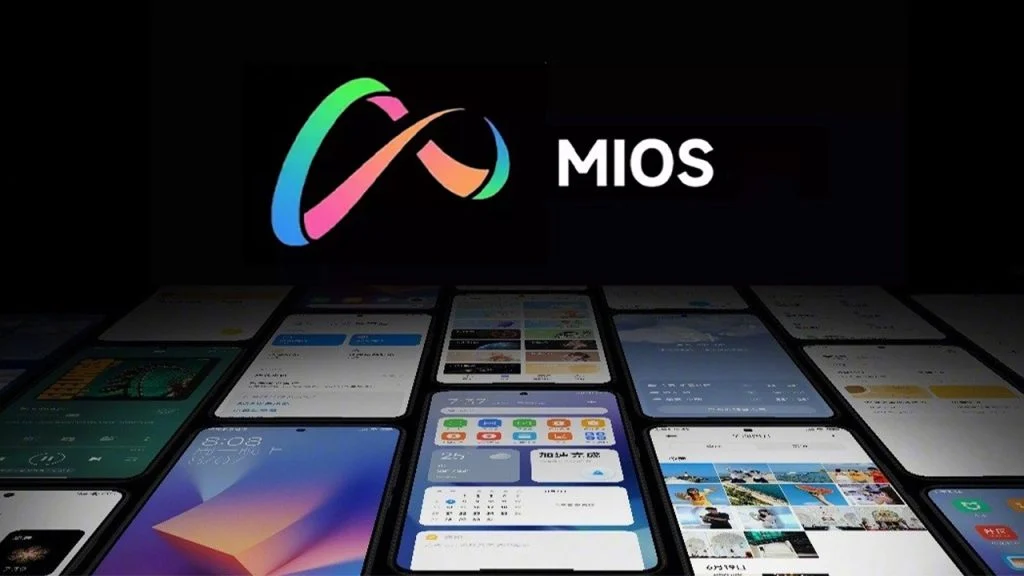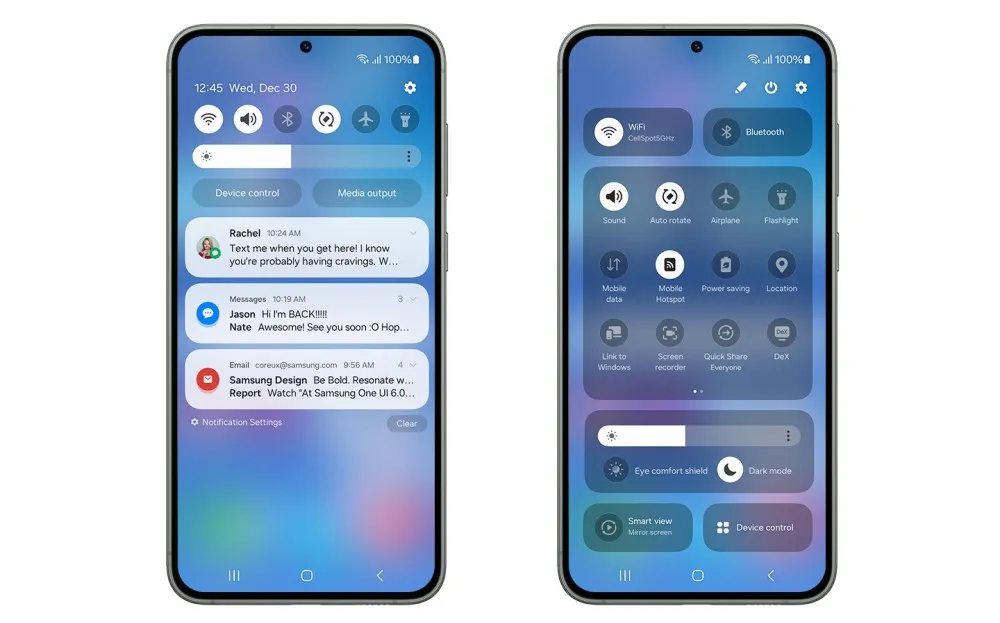Apple has made a significant move that will affect how iPhone users in the European Union interact with progressive web apps. This decision comes after Apple ended support for these apps in its iOS 17.4 update, presenting a challenge for developers and users.
Strict Requirements of EU's DMA
So why is Apple taking this stance? The company's decision is a response to the strict requirements of the Digital Markets Act (DMA) in the EU. These requirements demand significant architectural changes to comply. Apple has stated that developing a new integration architecture to meet these demands is not currently feasible. As a result, this decision will impact how web apps, which previously functioned similarly to native apps with features like notifications and data storage, will operate on iOS devices.
Shift to Bookmarks
With the introduction of iOS 17.4, standalone web apps will now serve as bookmarks. This change is a response to the DMA's mandate that allows third-party browsers to use their own engines instead of Apple's WebKit. WebKit has been the foundation for web apps on iOS, ensuring they meet the platform's security and privacy standards.
Implications and Context
This change has several implications. While Apple cites security concerns and the potential for malicious web apps to exploit these new freedoms, it's hard to ignore the broader context. This includes the ongoing debate surrounding app store fees and how companies like Facebook Gaming have used web apps to bypass these costs.
Apple believes that only a small number of users will be affected by this alteration, pointing to low adoption rates of home screen web apps. However, the company expresses regret over any inconvenience caused to developers and users due to this compliance-driven decision.



